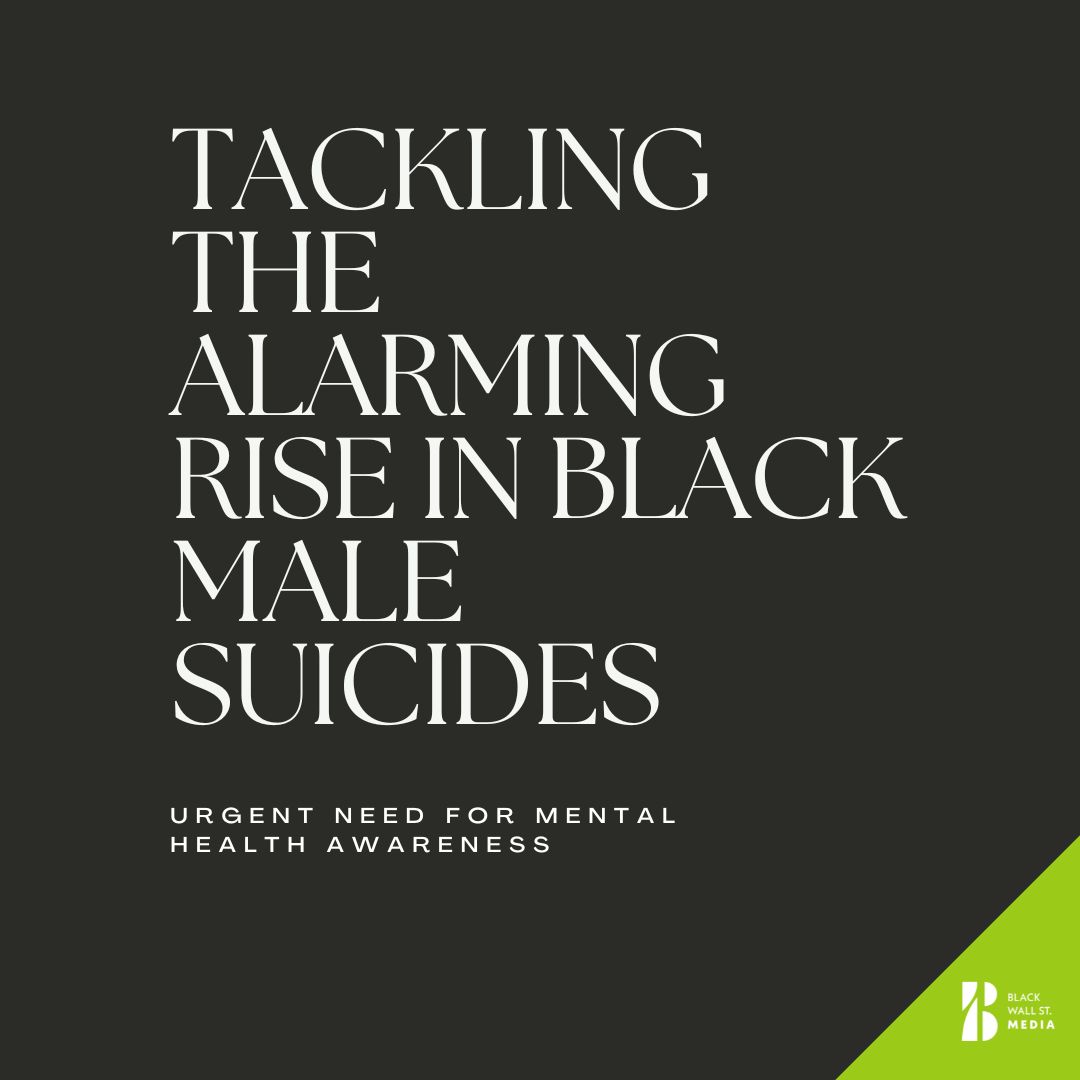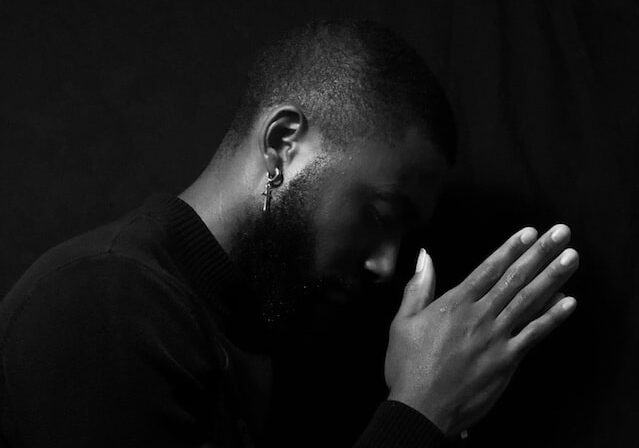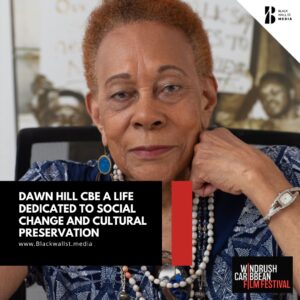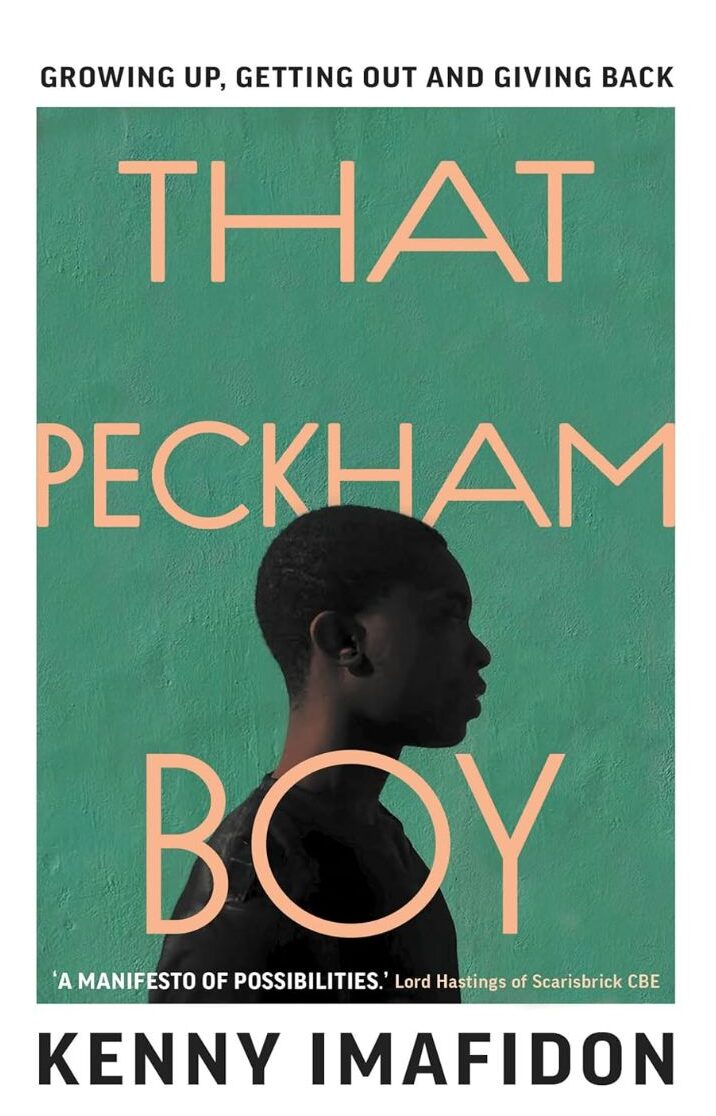HEALTH
Black America Speaks Out About Rising Suicides Among Black Men
“What Do Experts Say?”
Black Wall St. MediaContributor

The tragic death by suicide of the esteemed entertainer Stephen “tWitch” Boss at the age of 40 on December 13 has spurred a critical dialogue surrounding the alarming rise in suicides among Black men in the United States.
Black communities and experts are actively engaging in discussions to address this pressing issue, shedding light on the broader problem.
Boss, the former DJ and executive producer on “The Ellen Show,” took his own life with a self-inflicted gunshot wound at a hotel near his California residence, leaving behind his wife and children.
While overall suicide rates among Black individuals have traditionally been lower, data from 2021 reveals a concerning increase, particularly exacerbated by the challenges brought about by the COVID-19 pandemic.
According to the Suicide Prevention Resource Center, from 2010 to 2019, the suicide rate for Black people in the U.S. stood at 7.4 percent per 100,000 individuals, compared to the overall rate of 13.2 percent per 100,000.
Notably, Black males exhibited more than double the suicide rate of Black females.
The Suicide Prevention Resource Center reported, “the suicide death rate for men is more than four times the rate for women in Black populations,” and the overall U.S. population’s suicide death rate is approximately double that of Black populations for both males and females.
Tragically, numerous high-profile Black men, seemingly successful in their careers and lives, have succumbed to suicide over the past two decades.
The recent loss of Mayor Kevin Ward of Hyattsville, Maryland, in January, and the mysterious death of MF Doom on December 31, 2020, are poignant examples.
The hip-hop community also mourned the loss of Desmond Daniel Amofah (Etika) in 2019, and Capital Steez in 2012, both of whom took their lives.
The list of notable figures includes actor Lee Thompson Young, diagnosed with bipolar disorder, record executive Chris Lighty, NFL player Jovan Belcher, and entertainment veteran Don Cornelius, host of “Soul Train.” Shakir Stewart, a prominent figure in the music industry, also tragically ended his life in 2008.
These heartbreaking instances emphasize the urgent need for a deeper understanding of mental health within the Black community, increased support, and destigmatization to prevent further loss within this demographic.
The conversation must evolve to address the unique challenges faced by Black men and work collectively to break down the barriers preventing open discussions about mental health.
The rising concern prompted numerous individuals to speak out on Twitter about the surge in suicides among Black men.
Dr. Ebony Jade Hilton, an anesthesiologist and MSNBC medical contributor, shared a poignant reflection on the impact of suicide in the medical community, highlighting the loss of a co-intern during her first year of residency.
Her tweet resonates with the shock and confusion that often accompany such tragedies, emphasizing the critical need for awareness and support.
Black Wall St. MediaContributor













